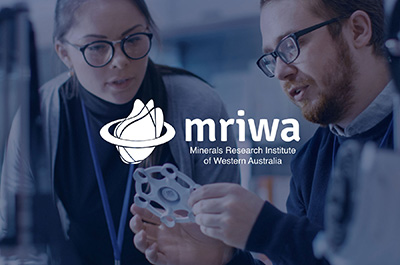Microwave reactor for critical minerals
Project Overview
Project Number
Total Grant Value
Program Area
MRIWA Contribution
Project Theme
Project Period
The Challenge
Processing of Rare Earth Elements (REE) using a Microwave reactor can reduce the reagents, roasting emissions and energy.
Proposed Solution
Several rare earth projects are under development in WA. All produce rare earth concentrates that can be solubilised by baking at elevated temperature in the presence of concentrated sulfuric acid.
This is conventionally undertaken in rotary kilns that can be either directly or indirectly heated. Heating directly can be done in simpler equipment but results in energy inefficiency and production of large volumes of off-gases that have to be cleaned before releasing these to the environment.
Indirectly heated equipment is more complex and relies on conduction of heat through equipment surfaces to provide heat. This type of equipment suffers from scale build up, limiting campaign runs and can only be used with lower temperature processes.
The microwave reactor provides indirect heat transfer without having heat transfer surfaces, is more energy efficient and has lower volumes of off-gases to be treated.
Northern Minerals has been developing this reactor over several years and now plans to build and operate a prototype reactor to prove the operability of the technology.
It’s hypothesised that the required heat to the reactor can be introduced via microwaves, that this will allow for tight temperature control, and that as there will be no hot heat transfer surfaces, scale build-up will be reduced and long campaign runs will be possible.
The project involves the design, construction, certification and then testing of a microwave reactor to leach Australian rare earth concentrates. The amount of reagent, feed rates and concentration of rare earths are variables tested.
Proposed Benefit to WA
Heavy rare earth samples from Northern Minerals have been safely and successfully tested in the equipment. Initial results suggest that scale up to a full pilot plant may be possible. Future work on more robust feeding systems required given this as a crucial control mechanism for reduction of energy and reducing the environmental impact of the roasting stage.
This method of roasting could be applied to many heavy rare earth processing.
Similar Projects
Page was last reviewed 11 March 2024

